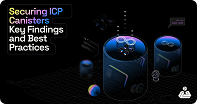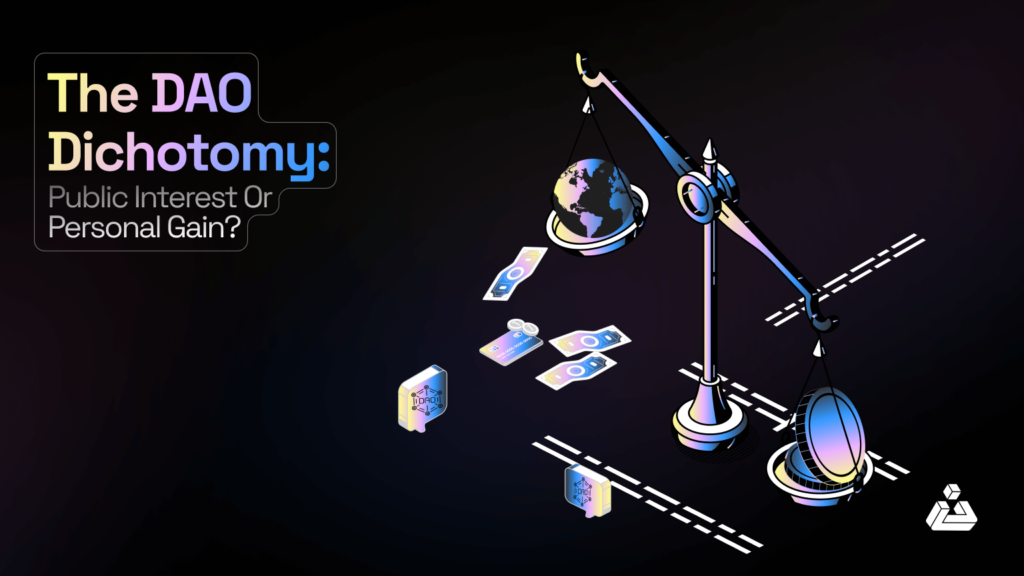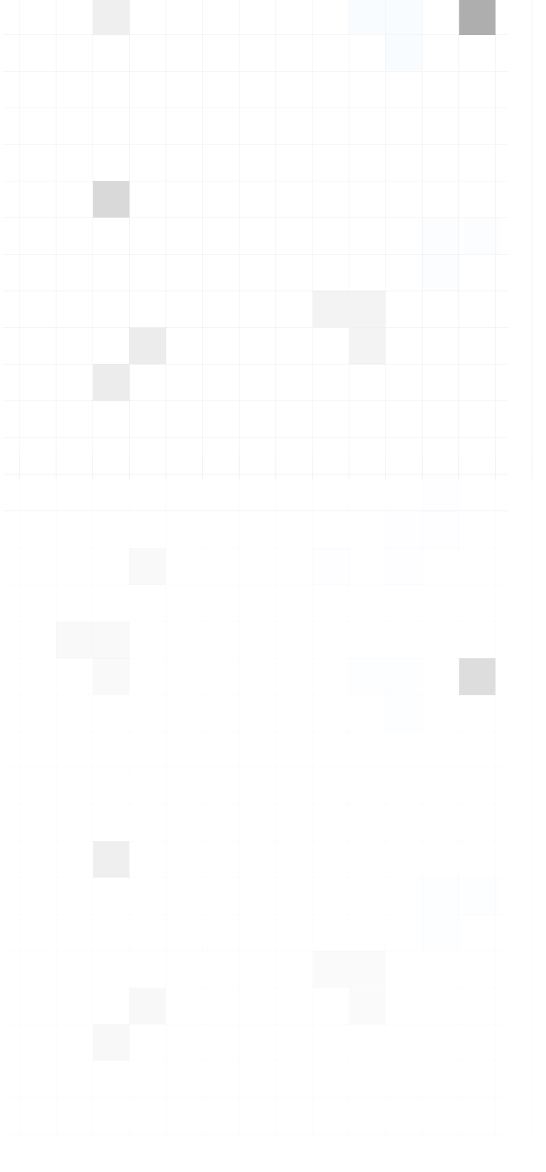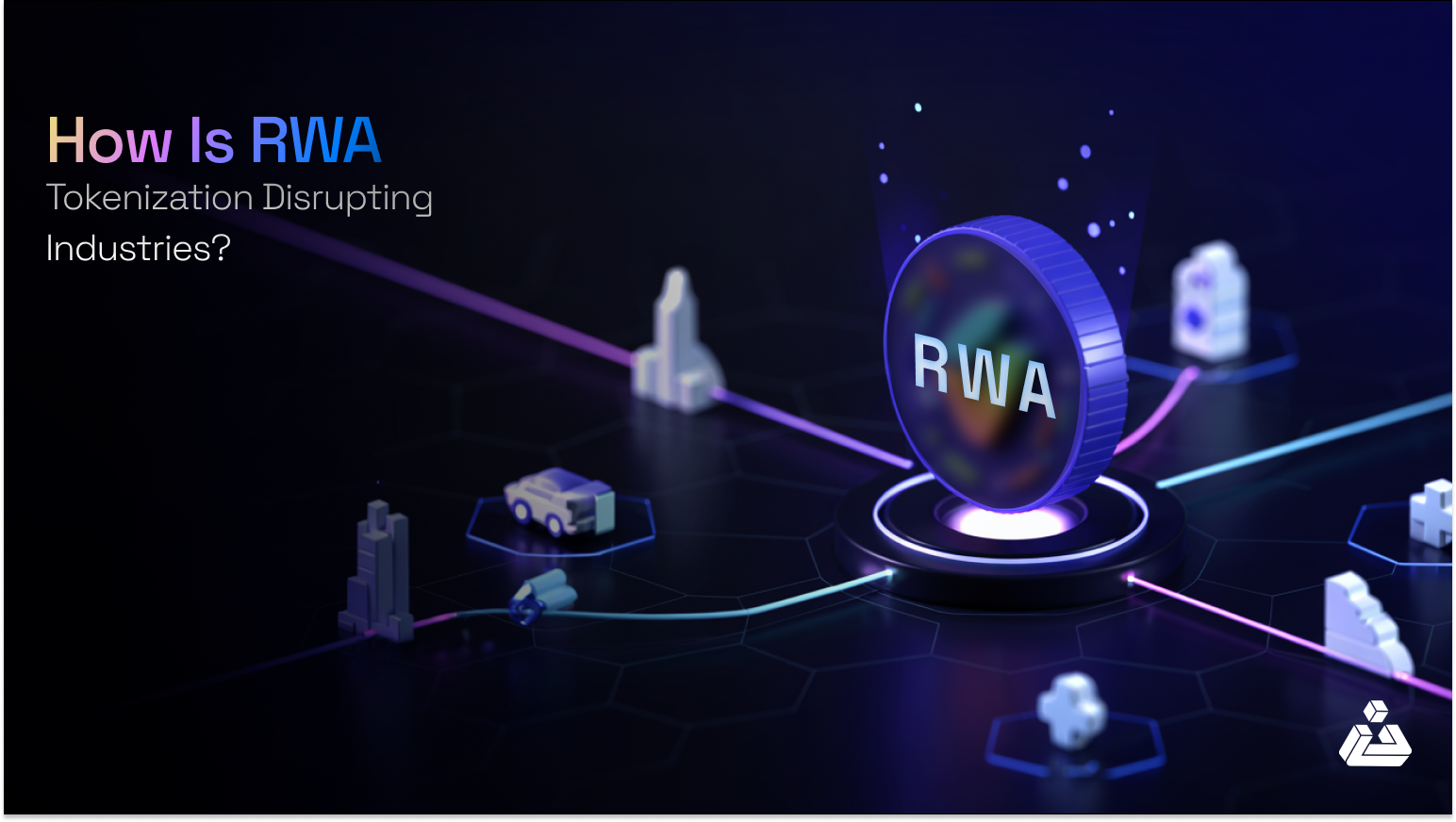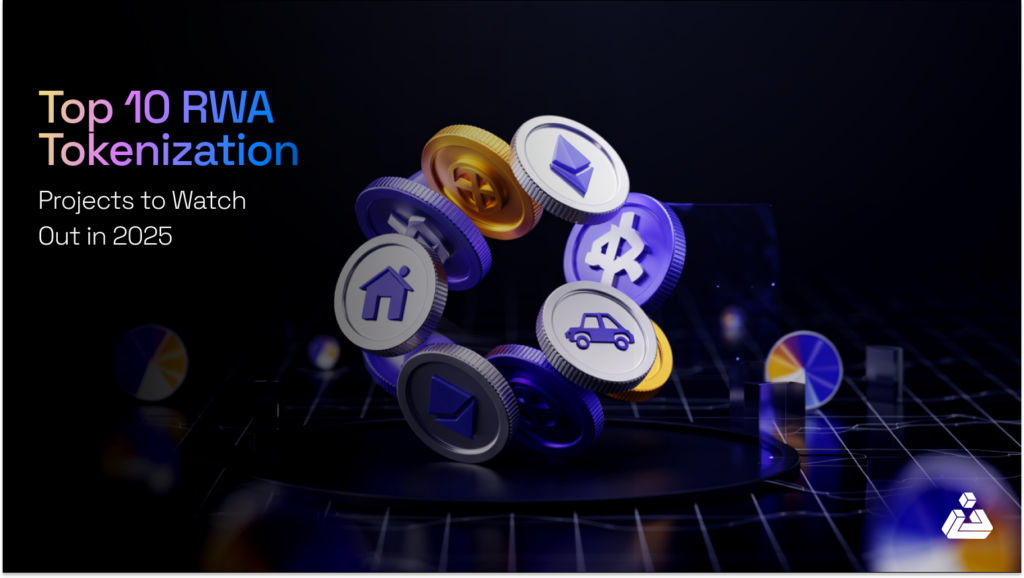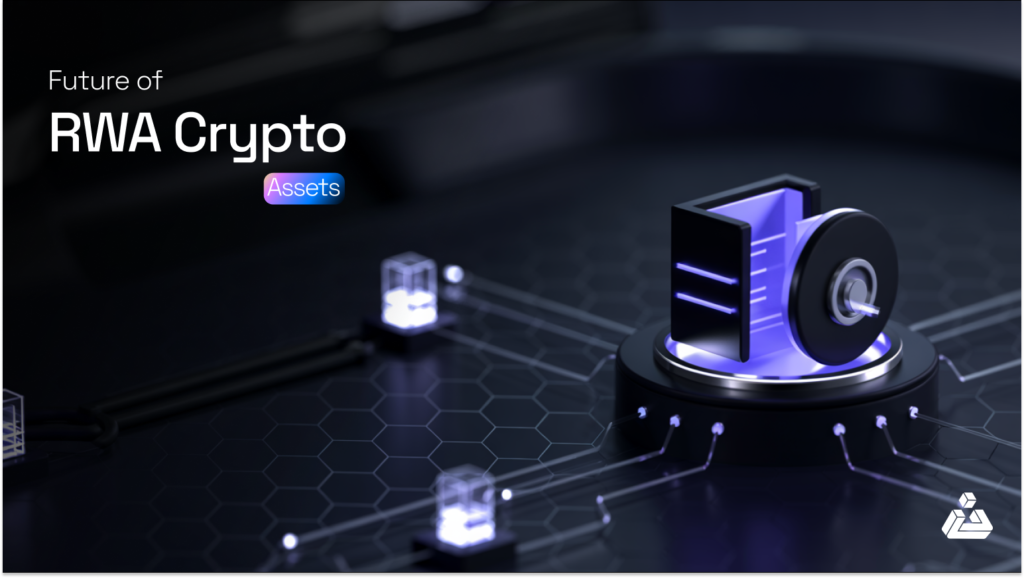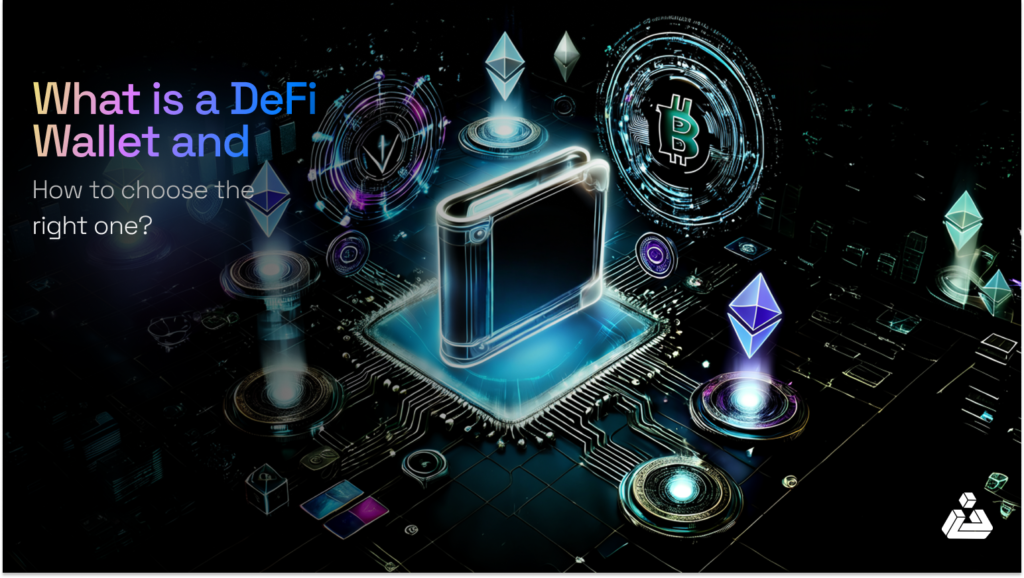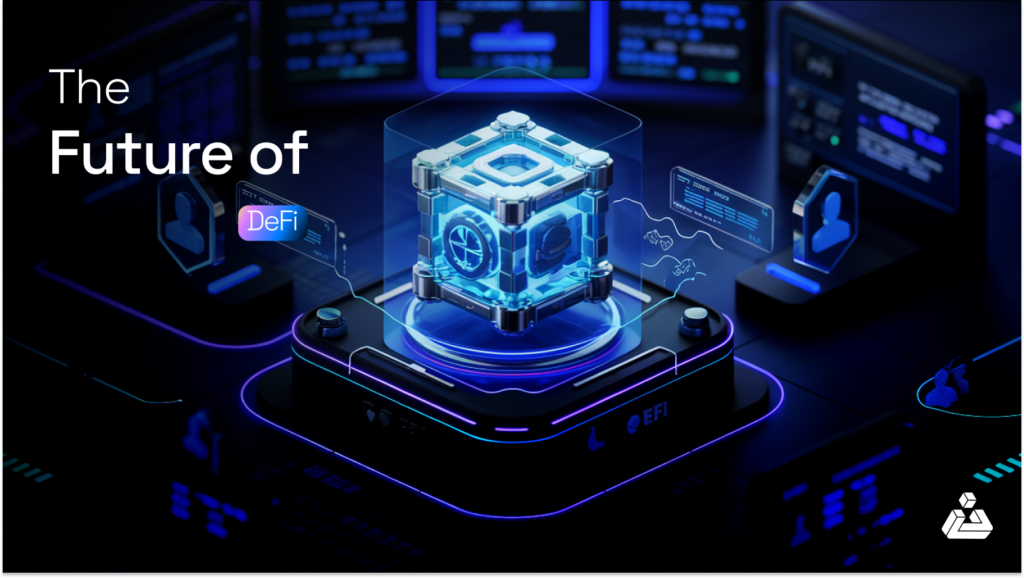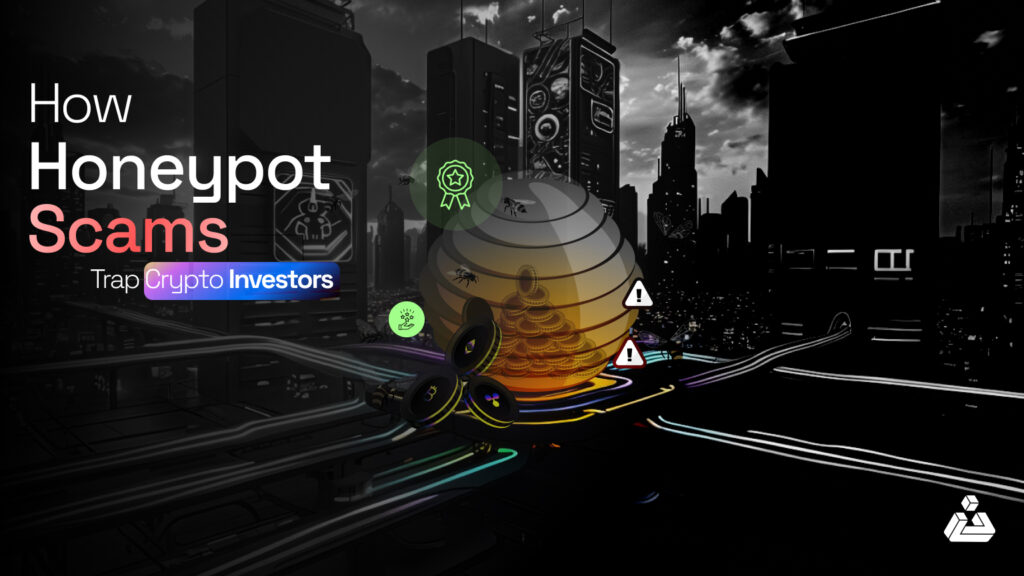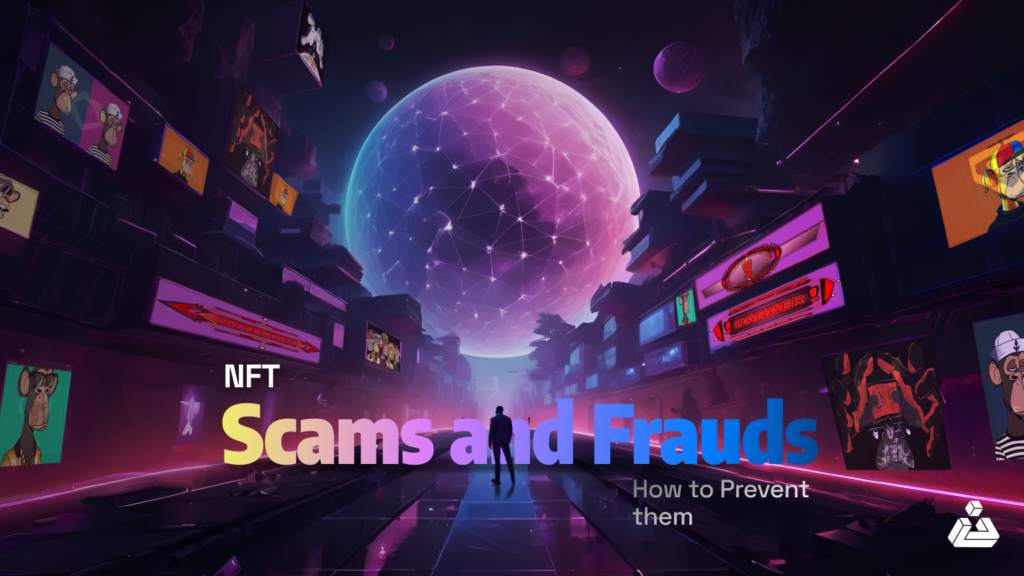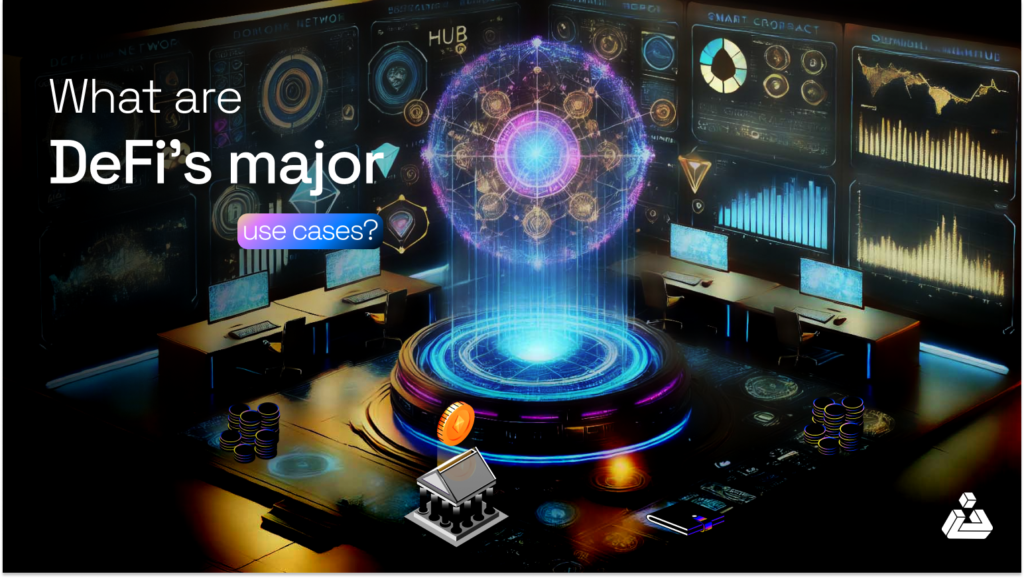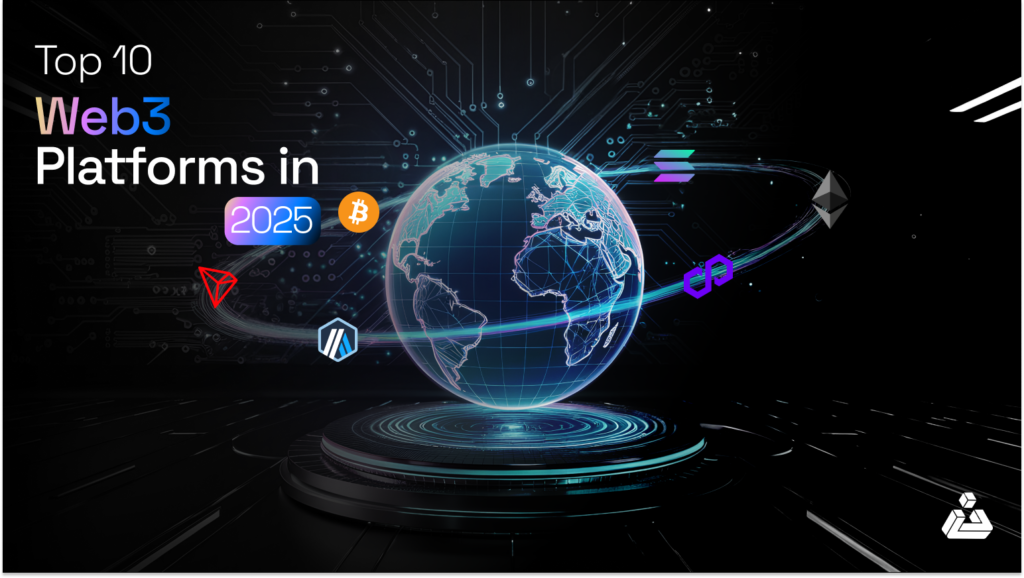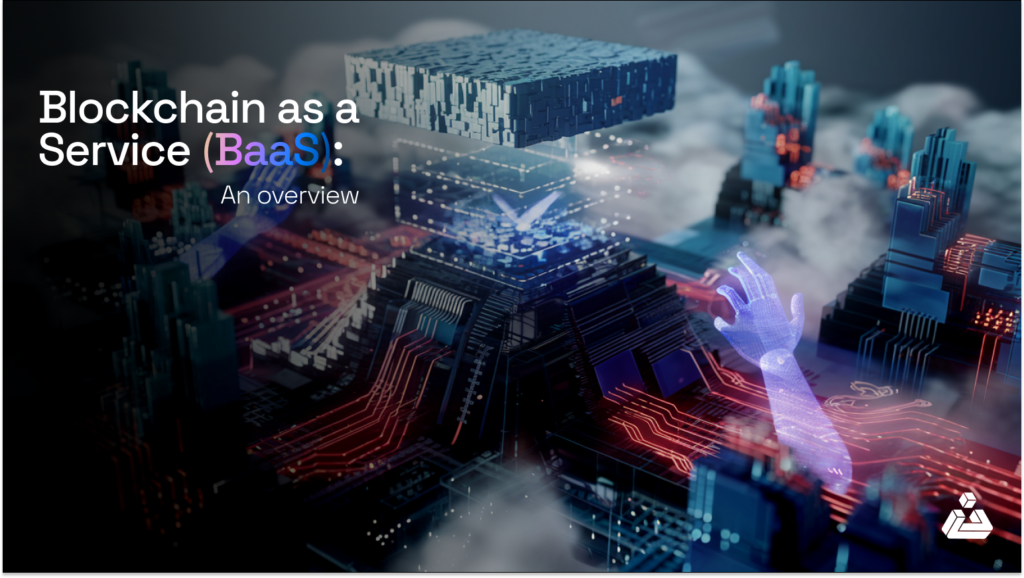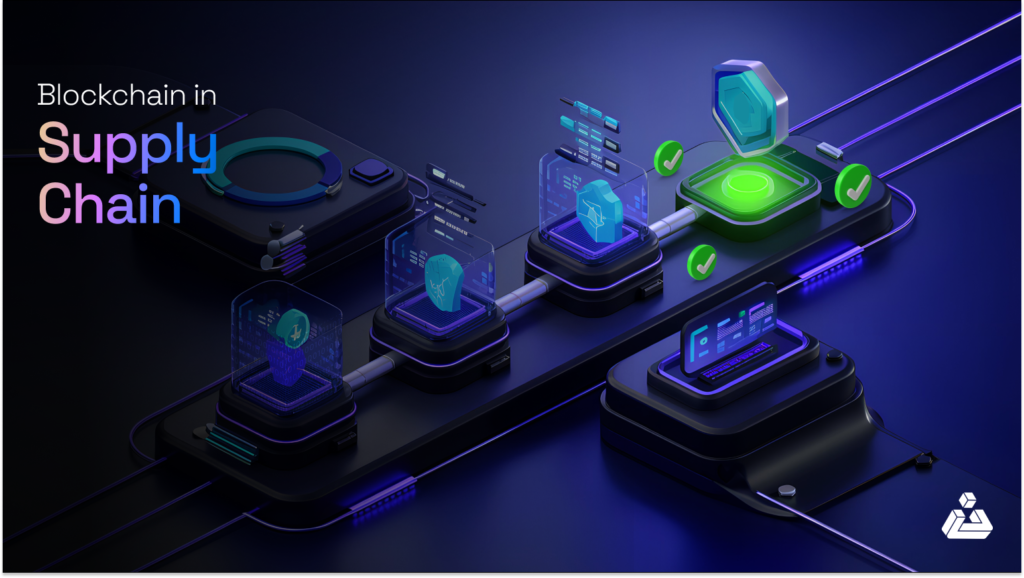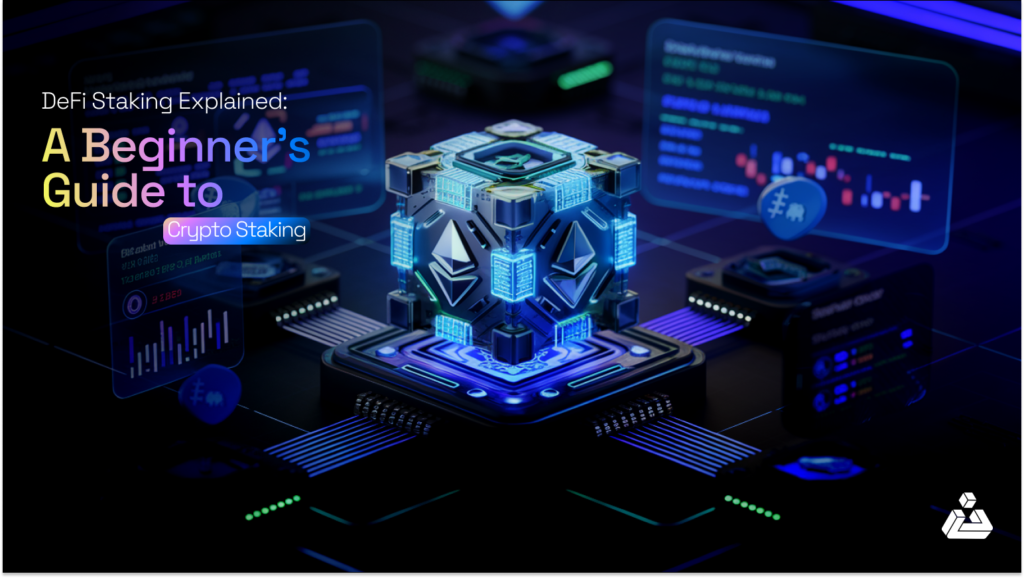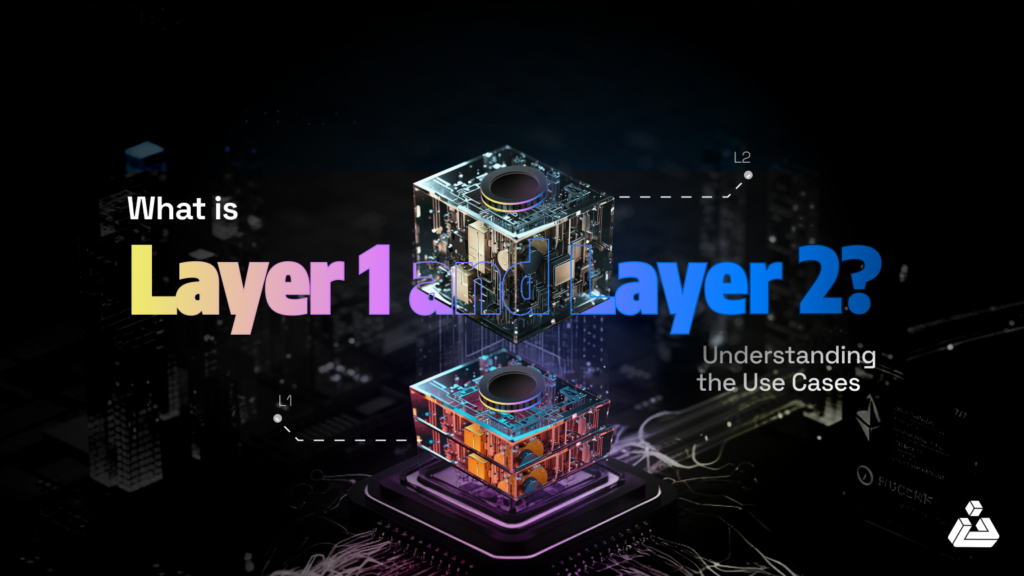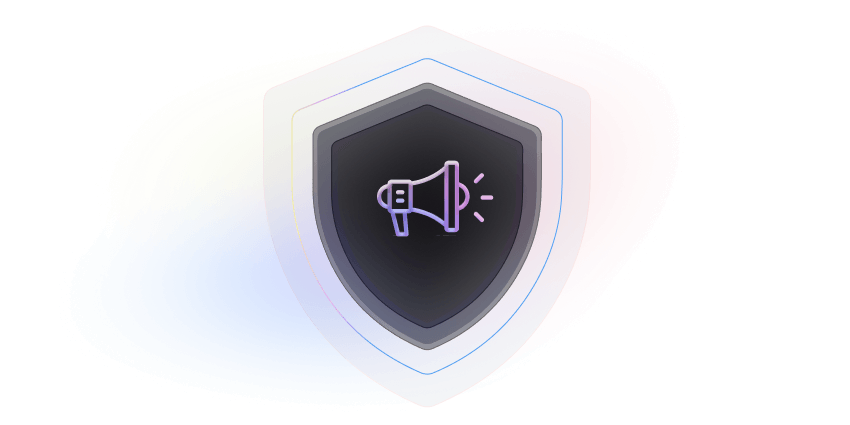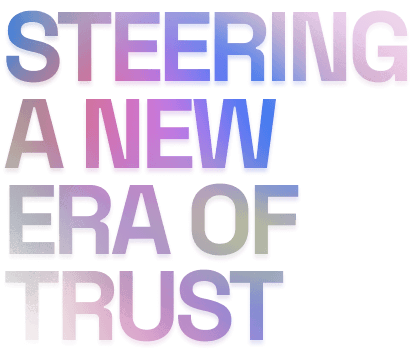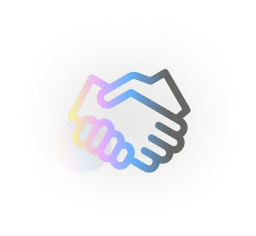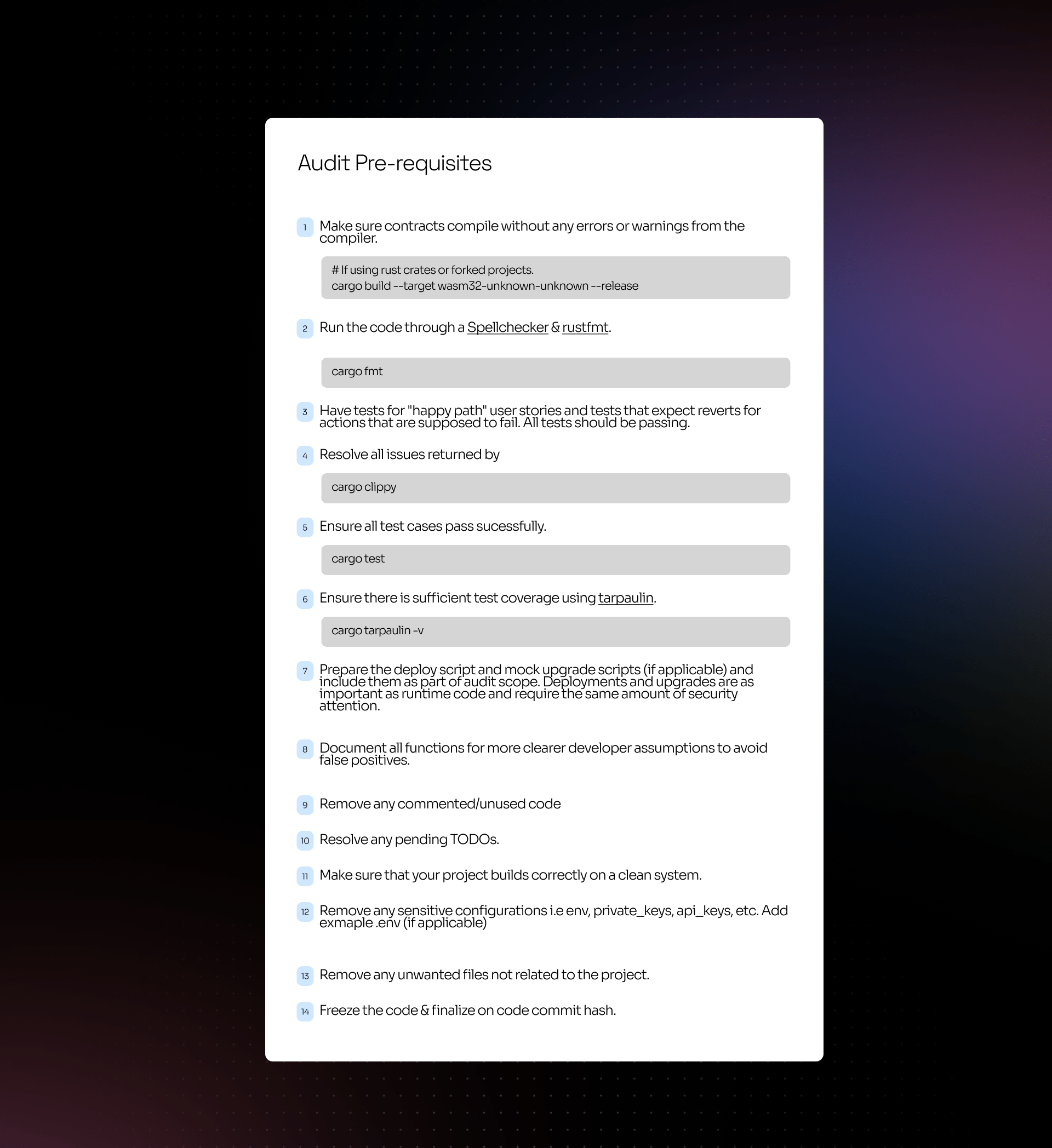The adoption of smart contracts has paved the way for a new era within blockchain technology. With thousands of dApps on Ethereum all implementing these computer programs in different ways, we may be contributing to a world previously unheard of- one where unbiased technology can eventually replace the need for human input entirely.
DAOs can be seen as the next step in achieving this vision, eliminating the use of intermediaries in corporate governance. Functioning via an interconnected network of smart contracts, these Decentralized Autonomous Organizations are essentially communities that are fully managed and owned by their members. In theory, these members can then propose and vote on any changes within the organization, with the voting outcome automatically enforced in a decentralized manner.
On paper, it seems as if DAOs can revolutionize the way our organizations are managed– putting forth the concept of a self-governing entity built on the foundation of trustlessness. Digging a little deeper, however, raises several questions about the way these communities operate. Are DAOs really as autonomous as they claim? How true is their promise of being free of censorship and bias? And, at the end of the day, is the true purpose of a DAO to provide reform in the interests of the public- or something much more self-serving?
Before we unpack the answers to these heavy questions, let us first understand how DAOs work.
How Do DAOs Work?
A DAO can be thought of as an organization that is native to the internet, often described as a network that essentially runs itself. Unlike a typical business with a hierarchy of employees and managers, a DAO comprises of individuals all following the same rules laid out in a transparent piece of code. With the help of smart contracts that automate this process, DAOs claim to provide incentivization, structure, and governance to businesses in a manner that is decentralized and hence bias-free.
Membership
The mode of membership in a DAO can vary, with most falling into one of two categories: token-based membership or share-based membership. If a DAO upholds a token-based membership, that means that to gain access to voting rights, you must buy some amount of governance tokens. These tokens can be obtained through a variety of channels. Some tokens are available to buy through dedicated funding rounds or trading on decentralized exchanges, while others can only be earned by providing liquidity or some other form of proof-of-work. In such a DAO, anyone can obtain voting power, with the process being entirely permissionless.
On the other hand, share-based membership is slightly more permissioned, with prospective members being required to submit a proposal before being allowed to join the DAO. This proposal is usually supplemented with some sort of tribute in the form of either tokens or work. This is necessary so that the current group can assess new entrants on their expertise, judging them on their ability to make informed decisions for the betterment of the DAO in the future. In this mode, each member possesses a certain number of shares corresponding to their ownership and resulting voting power in the DAO.
Voting
DAOs operate based on the rules defined in their smart contracts. If a member of the DAO wants to change one of these rules in any way, they would need to put forth a proposal outlining their desired change along with the reasons for proposing it.
To decide whether or not the proposal should be implemented, a collective vote is taken from each member. This typically follows the standard of “1 dollar, 1 vote”, which means that a member’s influence directly corresponds to the tokens they have. The justification behind this is that the more tokens a person possesses, the more contribution they have made to the organization.
The DAO Revolution
The first time an organization like this gained major publicity was when a hack on a DAO led to a hard fork on the Ethereum chain, resulting in the birth of Ethereum Classic. Since then, there has been a clear upward trend in the number of DAOs emerging in the blockchain space.
Some credit this rise in DAOs to the ongoing hype around Web3, an upcoming era of the internet where the online world is expected to become entirely decentralized. This has resulted in the increased popularization of blockchain and its use cases, with some claiming DAOs will play a pivotal role in managing and governing the continuously evolving space.
However, not all this talk is positive. Recently, there have been several instances where DAOs have been called out for censoring their discussion forums- silencing the views of members that didn’t align with the vision of others. Members of DAOs created by DeFi projects Curve Finance and Yearn Finance have been seen actively raising their voices against this issue, claiming that these platforms’ project teams and investors control both their governance forums and governance signaling mediums.
This was further discussed in an article published by The Ether, which called out the Yearn Finance team for not consulting their DAO community before enacting a merger with Pickle Finance. In addition, the piece detailed the series of events following the merger, declaring that “[YFI holders] know pretty well by now [DAO] stands for developer dictatorship.”
Some have even gone so far as to remove members that put forth legitimate proposals from their forums- taking away the right to speak of the very people that funded their projects.
Public Interest or Personal Gain?
DAOs were originally created to remove centralization, providing passionate people within the blockchain community with a say in how an organization would operate. By joining a DAO, internet strangers gained the chance to collaborate in a safe environment- one where they are free to commit funds to a cause they believed in while in return gaining management rights. Gitcoin is a good example of this, outlining its mission to build and fund digital public goods for value creation.
Unfortunately, it cannot be said that this is the case everywhere. Recent situations have surfaced in which DAOs are seen not following through with their assurances of democracy, resulting in unfair bias and censorship. The initial promise of “1 dollar, 1 vote” is also not seen practically implemented in most current DAOs, with many citing system limitations resulting in a tradeoff on anonymity to be the reasons why. This is further threatened with the emergence of a new concept known as “Dark DAOs”. Described by Cornell researchers as a “decentralized cartel”, a Dark DAO is a manipulation scheme that buys the votes of users in order to overwhelm governance systems. Unlike in the real world, buying votes on-chain is not only a difficult crime to prosecute but can exist efficiently with the help of vote-buying marketplaces implementing smart contracts.
“Despite any identity or second-layer based mitigation attempts, all permissionless voting systems (or schemes that allow users to generate their own key in an untrusted environment) are vulnerable to the same style of vote-buying and coercion attacks. Many vote buying attacks can also be used for coercion, shackling users to particular voting choices by force.” – On-Chain Vote Buying and the Rise of Dark DAOs
The Bottom Line
DAOs, like all use cases of blockchain, are built on the standards of decentralization and trustlessness. However, when these promises become threatened in any way, the credibility of the entire system collapses, resulting in a loss of trust in the underlying technology itself. To prevent such a disastrous situation from becoming a reality, it is important to always be aware of any security-related issues of all platforms before mindlessly becoming a part of them. In this way, we will strengthen them as we contribute towards building a more secure internet.
References
Decentralized Autonomous Organizations (daos). ethereum.org. (n.d.). Retrieved March 7, 2022, from https://ethereum.org/en/dao/
On-chain vote-buying and the rise of Dark Daos. Hacking Distributed. (n.d.). Retrieved March 7, 2022, from https://hackingdistributed.com/2018/07/02/on-chain-vote-buying/
Read More Insights:
Liquidity Challenges In Illiquid Marketplaces.


